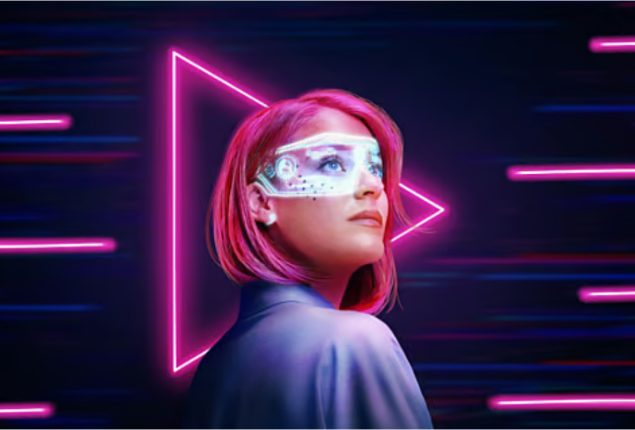

TikTok AI Ads are imitating real creators and people are concerned
TikTok upgraded its AI tool, Symphony, to improve ad creation. With this update, brands now create lifelike, influencer-style ads using synthetic avatars. These AI figures act like real creators—holding products, trying on clothes, and demonstrating apps.
Advertisers now input text prompts or images, and the system generates polished video content ready for global release. TikTok promises to label these AI-generated ads clearly and conduct safety reviews. However, not everyone welcomes this development. Experts warn that the visual realism of these ads has already raised ethical concerns, as many viewers may struggle to tell the difference between real people and AI-generated avatars.
TikTok AI Ads vs Real Influencers: Who Wins the Trust Battle?
While advertisers enjoy the benefits of lower costs and faster content creation, many human influencers are voicing concerns. By automating the process, brands avoid contracts and cut expenses tied to working with real creators.
Kristen Bousquet, a micro-influencer, noted, “If this caught on, I’d be very scared for the future of my business.” Creators fear that AI avatars will flood the platform with generic, high-volume content, making it difficult for human influencers to compete or secure fair compensation.
Some creators have raised concerns about AI mimicking their likeness or style without permission, intensifying the debate over ownership and ethical AI use in marketing. Lawsuits have already emerged against major AI companies for bypassing copyright laws. If TikTok AI ads or similar tools become the norm, influencers are likely to feel increasingly threatened about their place in the industry.
How TikTok Is Transforming the Future of Advertising:
TikTok has undoubtedly transformed the advertising industry with Symphony. The AI now offers tools for scripting, multilingual dubbing, editing, and integrating professional stock visuals. This all-in-one solution enables advertisers to quickly launch campaigns across various regions, languages, and demographics.
However, marketing experts warn that AI ads may fail to deliver the authenticity that younger audiences value. Consumers could become skeptical of overly polished, machine-generated content, especially when it lacks transparency. As the Federal Trade Commission and global regulators begin scrutinizing AI advertising, TikTok’s launch of synthetic influencer ads offers a glimpse into the future of digital marketing, even if it raises ethical concerns.







